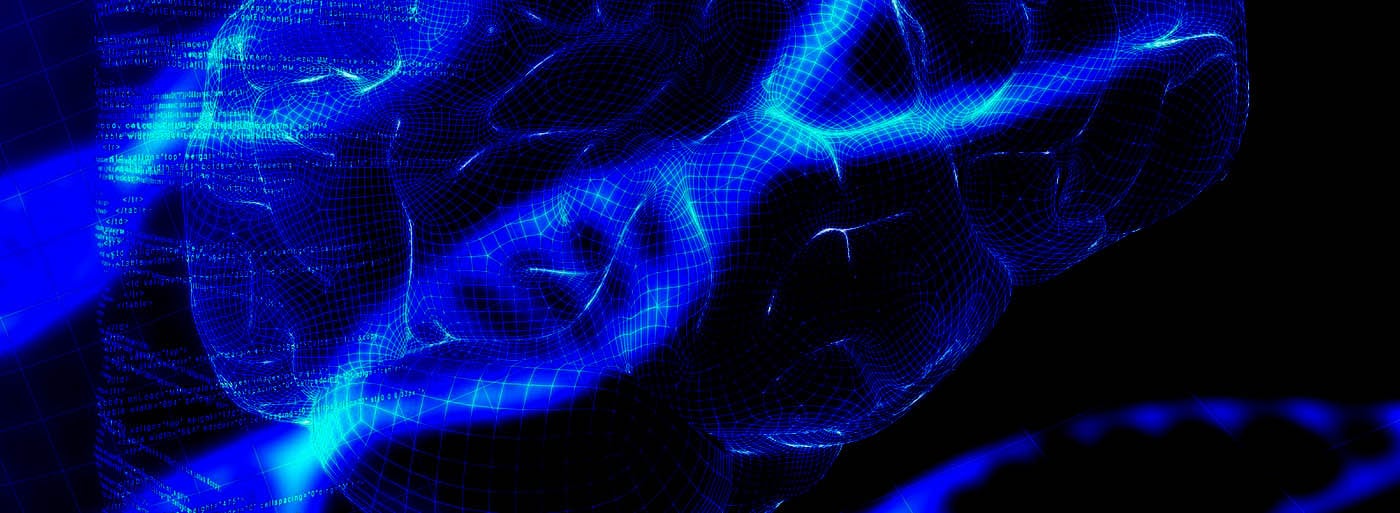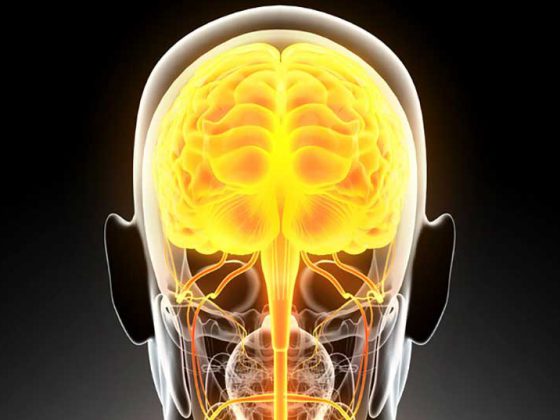To date, it is unclear whether autoimmune encephalitites caused by LGI-1 or NMDA antibodies have a genetic basis. Therefore, the association with HLA genetic type was investigated in this study.
Purpose: To date, it is unclear whether autoimmune encephalitides caused by LGI-1 or NMDA antibodies have a genetic basis. Therefore, the association with HLA genetic type was investigated in this study.
Background: Since the description of LGI-1 and NMDA antibody-associated encephalitides, the clinical spectrum has expanded strikingly from the typical clinical presentations (memory impairment, facio-brachial dystonic seizures in LGI-1 AE and psychosis and oromandibular dyskinesias of both NMDAR AE) and now extends well into pediatrics. From the initial “hummingbird”, these diseases are now pushing their way into our clinical routine with increasing frequency. The reason why these autoencephalitides develop is largely unknown – especially the question of a possible genetic predisposition.
PATIENTS AND METHODS: Patients with autoimmune encephalitis were prospectively collected. In case of existing clinical suspicion with subacute development of memory impairment, altered cognition and behavioral abnormalities, antibodies (LGI-1, NMDAR and still others) were tested and an infectious or paraneoplastic cause was excluded. In cases of confirmed LGI-1 or NMDAR-associated AE, HLA genotyping was also performed. There were two control groups, one with patients with epilepsy and the other with healthy controls. HLA typing was performed in a total of 11 patients with LGI-1 AE and in 17 patients with NMDAR AE.
Results: The DRB1*07:01-DQB1*02:02 HLA haplotype was present in LGI-1 AE in 91% of cases compared with 10-13% in epilepsy patients and healthy controls, respectively. No disproportionate clustering of any HLA subtype was found in NMDAR AE.
Comment: Although these data are from a monocentric relatively small collective from South Korea, it can be said that LGI-1 AE is associated with an HLA subtype and thus has a strong genetic predisposition. This is important for further understanding and research of the disease and counseling of patients. The absence of these HLA types in a patient with LGI-1AE should prompt a search for a paraneoplastic etiology.
InFo NEUROLOGY & PSYCHIATRY 2017; 15(4): 35.











